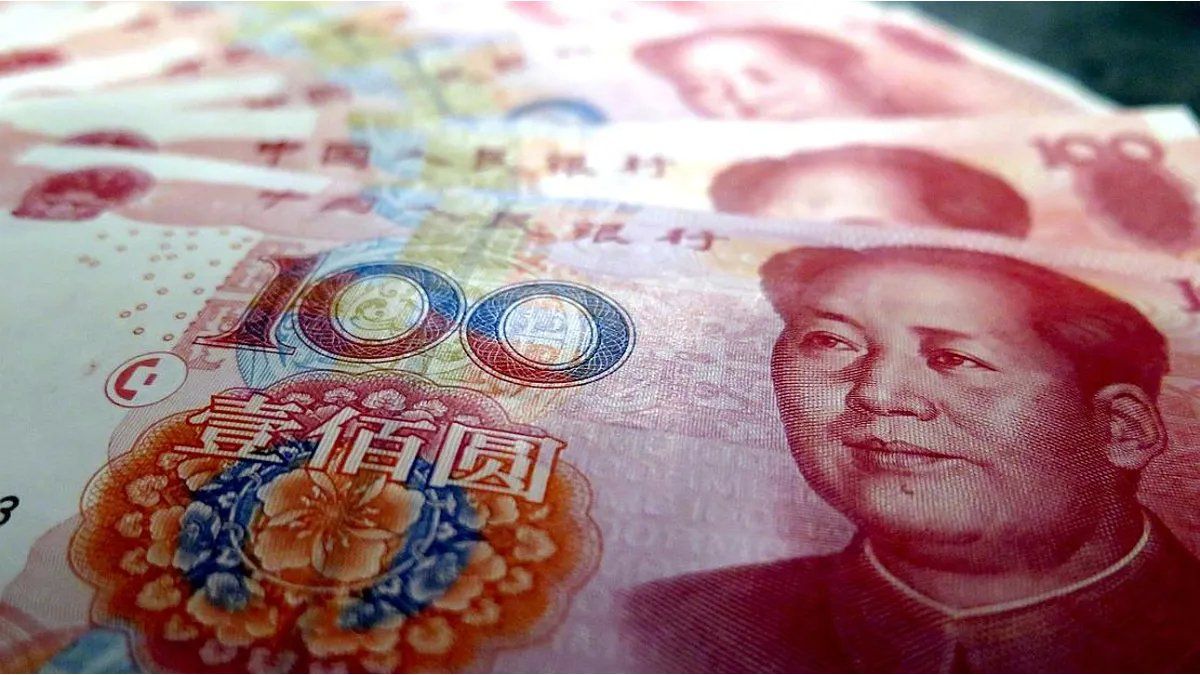Central Bank reserves continue to decline Not only by daily currency sales but for the devaluation that the yuan has been sufferingthe Chinese currency in which part of the funds held by the monetary authority are, according to calculations by private consultants.
Reserves fell by almost $3 billion from the start of Maywhen passing from u$s35,296 million to u$s32,484 million. Meanwhile, the depreciation of the Chinese currency is a subject that began to be followed in more detail by operators after the devaluation that suffered in the last weeks.
CENTRAL BANK BCRA 1.jpg
The shortage of international reserves of the BCRA led the government to renew and expand the swap with China last weeka currency exchange that allows Argentina to pay for imports with yuan and release the dollars that were destined for trade with the Asian giant for other uses.
This agreement, which began in 2009plus the difficulty in retaining dollars meant that the 55% of gross reserves -which are around US$32,500 million- are integrated with yuan and more exposed to the movements of that currency.
The swap for 130,000 million yuan, which was US$19,000 millionAccording to the Ministry of Economy, It is already closer to US $ 18,000 millionaccording to private calculations.
Does the devaluation of the yuan affect the BCRA reserves?
However, there are different readings on the phenomenon among specialists. some maintain that whether the yuan agreed with China is “freely available”as the Minister of Economy, Sergio Massa, said, the depreciation of the yuan will impact reserves.
Instead, other experts they maintain that the yuan is useless to intervene in the market and it can only be used to import goods from China, so the devaluation of that currency would affect the support of the BCRA.
yuan

Pixabay
Part of the foreign currency drain that the BCRA has gone through in the last month is explained by the devaluation of the Chinese currency. In May, the dollar rose from 6.91 to 7.13 yuan, a devaluation close to 3%which caused a fall in reserves of US$500 million, according to the consultancy EcoGo.
However, Marcelo Elizondo, specialist in Foreign Trade, considered that with a devaluation of the yuan “reserves may have a decrease in their nominal value because they are computed in dollars. But, in practical terms, the yuan is only used to pay for imports. It is not true that it can be used to intervene in the foreign exchange market. So in practical terms there is no further damage (if it continues to devalue), because you are going to continue paying for imports from China.”
But Elizondo admits that the problem that can occur is that the devaluation of the yuan will cause the prices in that currency of the products we buy from China to rise. “In that case, it is no longer a problem of reserves, but that we have to pay more for imports. But that will be a global problem, not just ours,” said the specialist. But he clarifies that for that to happen there should be “a more sustained and larger depreciation of the yuan.”
Source: Ambito
I am a 24-year-old writer and journalist who has been working in the news industry for the past two years. I write primarily about market news, so if you’re looking for insights into what’s going on in the stock market or economic indicators, you’ve come to the right place. I also dabble in writing articles on lifestyle trends and pop culture news.




